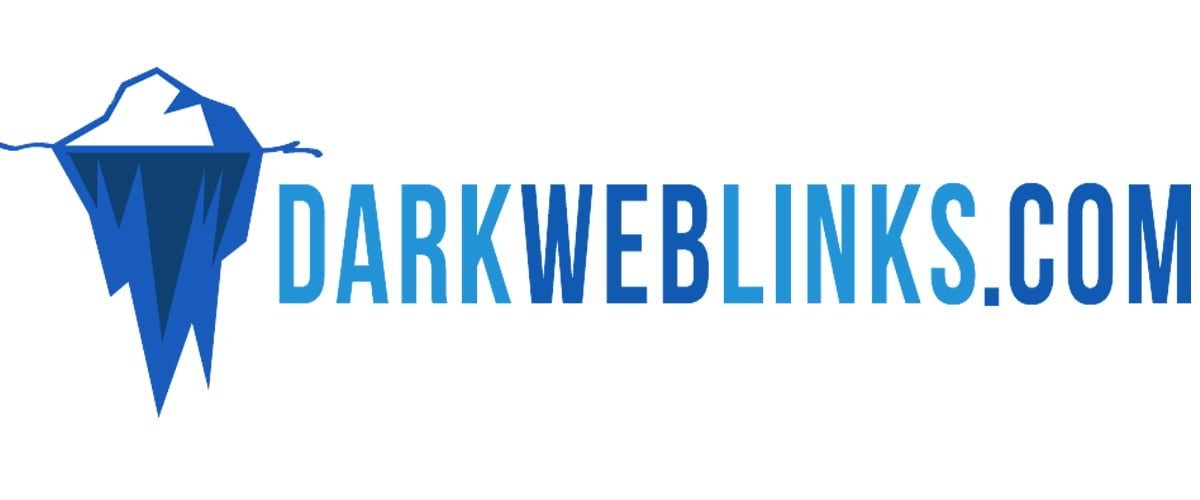Online privacy continues to evolve as one of the defining issues of the modern web. With surveillance, censorship, targeted profiling, and data harvesting growing more common worldwide, many people have turned their attention to technologies that preserve anonymity. Among these technologies, onion-routed services remain one of the most recognized approaches for protecting both user identity and server location. These services cannot be accessed through traditional browsers, and they operate inside a specialized network built to resist tracking.
The purpose of this article is to explain the privacy concepts behind onion-routed services, outline their history, and explore their ethical uses. It does not provide access points, directories, or links, nor does it encourage illegal behavior. Instead, it provides a balanced and educational perspective for readers who want to understand why these technologies exist.
This article does not share or promote specific addresses, exchanges, markets, or access points of any kind.
Understanding What Makes Onion-Routed Services Unique
Traditional websites communicate directly through public servers and the Domain Name System, which makes them easy to index and monitor. Onion-routed services operate differently. Instead of sending data directly, traffic passes through several relay nodes. Each relay removes one layer of encryption, revealing only enough information to forward the traffic to the next hop. Because no single relay sees both the visitor and the destination at the same time, the system creates a powerful separation between identity and access.
This layered approach offers anonymity for people living under strict censorship or surveillance. It also protects visitors who simply want to browse privately without leaving obvious digital fingerprints behind. For readers who want to learn more about how this routing system is designed, the official Tor Project documentation provides transparent technical guidance and ongoing security updates.
Why These Services Became Necessary
Although often portrayed dramatically in movies and news reports, anonymity networks originally grew from legitimate needs. Journalists, researchers, and activists rely on them to communicate safely. People in restrictive environments access uncensored news through privacy networks when surface-level portals are blocked. Whistleblowers use protected submission channels to share evidence of abuse without exposing their identity.
For these groups, privacy is not a luxury. It is a defense mechanism against powerful institutions and an essential part of the democratic process. The same tools that can be misused by criminals also support human rights.
A Brief History of Development
Research into anonymous routing began in the 1990s, when scientists explored ways to shield digital communications. Over time, this work resulted in a public project committed to transparency, digital freedom, and open documentation. Early onion-routed addresses were shorter and easier to clone, which became a problem as phishing attacks increased. Eventually, developers introduced a longer address format supported by stronger cryptography. This shift made impersonation significantly more difficult.
Today, the privacy network continues to evolve. Updates are released frequently to refine security against new threats, and volunteer-run relays keep the network decentralized rather than controlled by a single authority.
Why Traditional Search Engines Cannot List These Sites
Search engines such as Google, Bing, or DuckDuckGo are designed to crawl the public web. Onion-routed services do not appear in global DNS records, and they require specialized routing inside a private network. Most operators intentionally avoid indexing because visibility can attract unwanted attention, surveillance, or automated bot traffic.
For that reason, anyone expecting to “search” these services from the regular web misunderstands the system’s core principle: privacy through obscurity. Attempting to force visibility defeats the mission of anonymity.
The Importance of Software Updates and Caution
Although onion-routed browsing is designed with security in mind, careless behavior still poses risks. Outdated browsers can contain vulnerabilities that allow attackers to discover user information. Misconfigured settings may enable scripts or plugins that leak data. Downloading files from untrustworthy sources can result in malware infections.
Responsible users maintain updated software, avoid downloading unfamiliar documents, and treat unknown addresses with suspicion. These guidelines are the same as those recommended on the normal internet; the stakes are simply higher inside anonymity networks.
The Role of Digital Hygiene
Responsible privacy exploration involves good digital habits. Strong, unique passwords reduce risk. Keeping personal accounts separate from privacy exploration prevents accidental identity overlap. Using secure communication platforms minimizes metadata leaks. Browsing from a dedicated device rather than a personal computer adds another layer of separation. These steps do not guarantee perfect anonymity, but they dramatically reduce exposure.
Journalism, Whistleblowing, and Freedom of Information
Some of the most respected news organizations maintain privacy-network mirrors of their websites. These mirrors allow readers in censored regions to access reporting without revealing their browsing activity. Submission platforms for whistleblowers rely on anonymity to protect individuals who risk their freedom to disclose wrongdoing. Investigative journalists depend on secure channels to verify authenticity without exposing their sources.
Without privacy-enhancing networks, many important stories would never reach the public eye.
Research, Archives, and Education
Onion-routed services are also used to distribute academic papers, technical documents, and literature that are otherwise difficult to obtain. Students and researchers in developing regions often rely on these resources to continue their studies. The ethics of distribution remain debated, but the educational value is undeniable. Privacy networks have become a gateway to knowledge rather than only a platform for secrecy.
Understanding Volatility and Downtime
One of the most confusing aspects of privacy networks is the volatility of the services they host. Sites may disappear for weeks and suddenly return without explanation. Operators change addresses to escape attacks, mitigate targeted spam, or reduce server load. In some cases, the disappearance is intentional for safety reasons. Unlike standard websites, uptime is not the primary goal. Anonymity takes priority.
Navigating Safely and Recognizing Risks
Phishing, clone pages, impersonation, and malware are real concerns inside anonymity networks. Because users cannot rely on traditional search validation, visual similarity becomes a dangerous threat vector. Responsible behavior involves skepticism, cross-checking sources through well-established public channels, and avoiding all suspicious downloads. If a page seems too polished, rushed, or aggressively persuasive, caution is advised.
Legal Framework and Ethical Boundaries
Using onion-routed services is legal in most countries. The legality depends on actions, not the tools themselves. Reading news, speaking privately, learning about censorship, or studying network security is permitted and often encouraged. Illegal activity, however, remains illegal regardless of location or browser. Law enforcement agencies monitor criminal activity closely, and many high-profile arrests demonstrate that anonymity is never guaranteed.
Each country maintains its own digital policies. Users should familiarize themselves with local law before exploring unfamiliar digital spaces.
Ethical Perspectives in a Global Internet
Privacy tools exist for more than covert activity. They protect individuals whose identities could be targeted for political, cultural, or journalistic reasons. They allow communities to discuss sensitive topics in environments where expression can carry real-world danger. While abuse exists, it does not diminish the positive role these networks play in defending civil liberties across the globe.
Responsible Habits for Long-Term Protection
Sustainable privacy requires routine awareness. Keeping software up to date, avoiding unnecessary browser extensions, limiting downloads, and resisting curiosity when confronted with suspicious content help ensure personal safety. Separating regular browsing from privacy-focused activity prevents accidental linking between digital identities. Treating privacy networks as educational tools rather than adventurous curiosity leads to safer outcomes.
Additional educational material can be found through organizations focused on online privacy and digital rights, offering practical advice for responsible, lawful internet use.
Looking Ahead: The Next Five Years
Privacy networks are likely to continue adapting as surveillance becomes more sophisticated. Developers are expected to improve cryptographic strength, streamline user interfaces, and introduce stronger verification systems to reduce impersonation. At the same time, researchers and law enforcement agencies will continue analyzing network behavior to prevent misuse. The technology will grow more accessible, and more organizations will adopt privacy-friendly portals as censorship spreads in new regions. Recent studies also indicate how activity patterns shift across privacy-based networks, and the latest dark web statistics and data trends help illustrate why volatility, censorship resistance, and privacy-focused adoption continue to grow year after year.
Common Questions
Many newcomers wonder whether they can browse anonymously on a phone, and while it is possible, mobile devices naturally contain more metadata, making them less ideal. Others ask whether a VPN is required. While optional, it can add protective layer depending on the connection environment. Some are surprised by the volatility of privacy-network services, but frequent downtime is simply part of the system’s resilience design.
Final Thoughts: Privacy Requires Responsibility
Anonymity networks are neither inherently good nor inherently harmful; they reflect the intent of the people using them. Millions of individuals rely on these technologies to preserve access to information and protect their communications from surveillance. Responsible exploration means respecting local law, prioritizing safety, and avoiding harmful content. Curiosity without caution creates unnecessary risk, but informed usage supports digital rights and strengthens the free flow of information.
As long as censorship exists, privacy technology will remain essential. By understanding its purpose, recognizing its risks, and approaching it with respect, users contribute positively to the global conversation about freedom, transparency, and the future of the internet.

